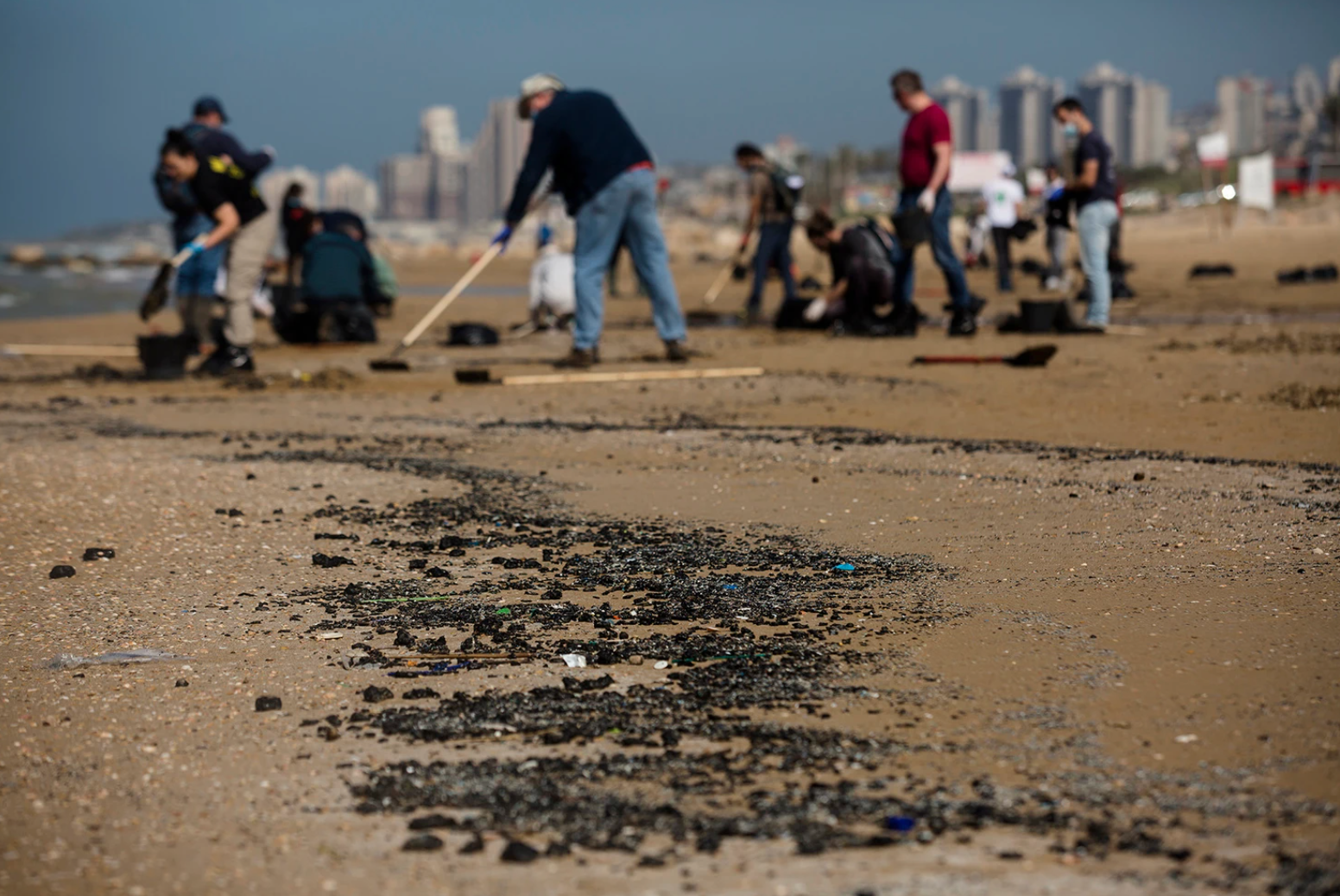Contemporary Geopolitics:
The EU must cut funds to Libya until a unified government is in place. This will stop parts of the state using migration as blackmail while Turkey uses its own presence in the country to challenge Greek and Cypriot sovereignty in the Mediterranean.
The Disorder Podcast - a top 20 UK Podcast currently co-produced by Goalhanger Podcasts - has recently partnered with RUSI.
Andrew Keen and Jason Pack discuss the disorder in Israel, Gaza, the Middle East and beyond.
The Russian autocrat joins a long line of rulers to find their personal armies turning on them. Jason Pack looks to the past and foretells the future as the dust settles from mercenary rebellion in Russia, in the Telegraph.
Russia is facing a spiralling sexual health crisis charged by the Kremlin's abandonment of marginalized groups, and this crisis is particularly acute in Russian prisons. As the Russian Army adopts Wagner Group's practice of prisoner recruits, is the crisis set to translate into military weakness on the frontlines? Jason Pack and Guy Fiennes explore.
As the situation in Sudan escalates, it is clear that the root problem of contemporary Western foreign policy isn’t meddling too much; it’s meddling too little. Jason Pack explains in The Telegraph.
Jason Pack and Lolita Brayman travel to the Georgian breakaway region of Abkhazia and mull over its unique history, and relationship with Russia on the one hand and Georgia on the other. What options does Tbilisi actually have on the Abkhaz Border?
Jason Pack and Stefano Marcuzzi argue that Libya’s CBL is a microcosm of our era of Global Enduring Disorder.
Jason Pack discusses his paradigm of Global Enduring Disorder for E-International and the experiences that brought him to his unique perspective on international relations.
The notion that American policies throughout the Middle East failed as a result of the US's engagement with Islamist actors' is incorrect.
When Sweden finally does join NATO – which is likely to happen later this year, it will mean the end of over 200 years of supposed ‘neutrality’. But was Sweden ever really neutral?
AUKUS may be the most consequential step toward reasserting meaningful Anglosphere collaboration that could serve as a model for how to address common problems and hostile states.
NATO membership signifies expedience at the expense of a self-aggrandizing national myth that has become increasingly difficult to sustain. The chaotic membership process for Sweden has been illustrative of the Global Enduring Disorder.
Russia’s campaign against Ukraine’s people deserves our full condemnation. But there are crucial areas (climate change and preservation of the Arctic) where our and global interests will be worse off if we don’t work with Russia.
With the erosion of the tentative co-operation of the post-cold war era, the Arctic seemed to be the last bastion of a functional rules-based international order
To understand where things currently stand in Libya, we turned to Libya expert and historian Jason Pack.
The war in Ukraine has now moved into its second, more protracted, and likely more violent phase. Unsurprisingly, given the extent of Russian atrocities, ongoing negotiations have borne little fruit.
The West must understand the high-stakes game Russia is engaging in, and use calculated aggression to expose the Kremlin's weak hand.
Libya and the Global Enduring Disorder sketches the myriad sinews of connections linking Libya, Ukraine, Syria, and Egypt.
Russia and the West are now at war. And the delicate dance leading to conflict between nuclear powers is a form of poker, not chess.
Instead of conceiving of Ukraine, Libya, or Syria as exotic, far-away conflict zones disconnected from Americans’ daily life, what if we looked at them as the result of America’s abrupt withdrawal from its empire?
Ten years after Qaddafi’s death, Libya is a harbinger of the enduring global disorder to come.
Israeli voters face a toxic sludge and dubious propaganda about Libya and Iran as they head to the polls.
Understanding how important Ukraine is to U.S. security reveals how serious the president’s alleged high crimes were.
Haftar’s advance westwards has coincided with increasingly public support from Russia, Egypt, and even Trump - this is cause for concern.
Surprising as it may be stateside, U.S. President-elect Donald Trump is wildly popular in Libya, and Tripoli needs an unorthodox approach.
Trump would govern the US the way he ran his casino business, which has shaped many of his core beliefs about taxes, global trade, and the role of government.
The war in Libya is not about religion or ideology; it is about greed and vengeance. By not lending our tacit support to either side we could remove the poisonous injections of cash and weapons that drive the conflict.
By annexing Crimea after a sham referendum, Vladimir V. Putin has inadvertently done the European Union a huge favour.
Libya’s leadership must put an end to the militias’ mythology by finally defending itself in the court of public opinion.





























